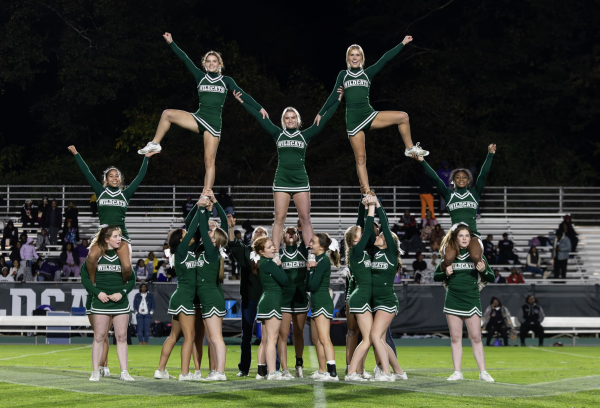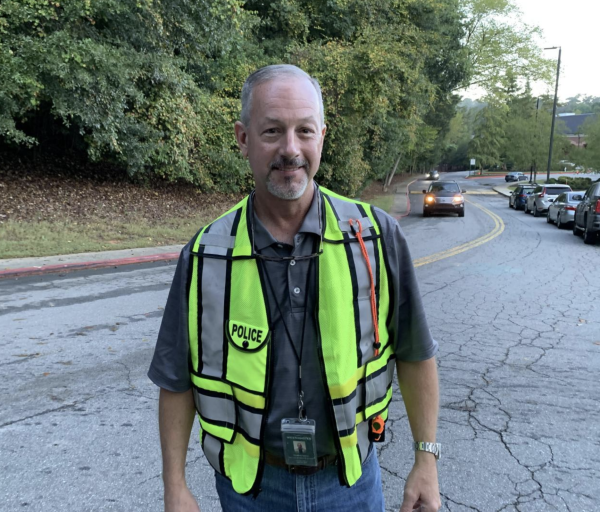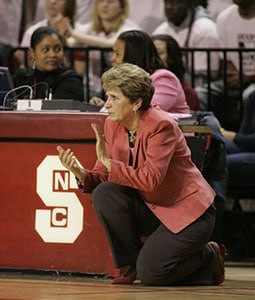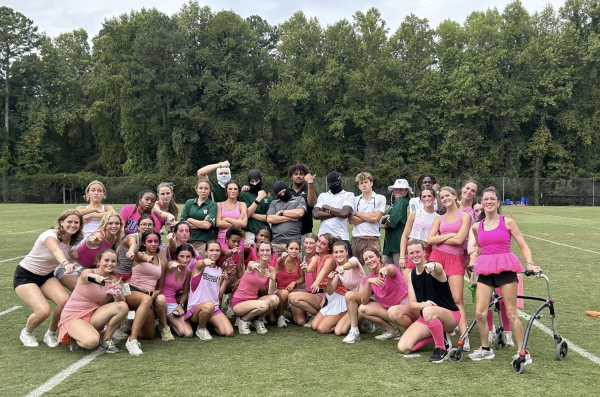Students explore new JanTerms
From an 11 day all-expenses paid trip to Israel to exploring how racing cars work, the JanTerm catalog is practically bursting at the seams with new courses for students this year. Every year, Upper School students peruse the JanTerm catalog in search of the new courses offered for that year to see if anything catches their eye. This year, Westminster’s faculty and staff added 13 new courses for students in a wide range of subjects: Civil Rights & Cinema, Folk Art, Forking Paths: Narrative Design in Video Games, Give My Regards to Broadway: History & Musical Theater, Global Education: Quebec, Global Education: Documentary Film & the Holy Land, Global Education: Running through History, Interior Design, Law and Order: Understanding the Legal System, Meet your Brain, Music & Meaning: Exploring the Musical Brain & Human Society, Portrayals of Religion in American Pop Culture, and Science & Design of Cars & Racing. One of the most significant changes this year is that Running through History’s classroom time will now take place in JanTerm instead of over the course of the school year in early morning meetings. There has also been a significant increase in interest for the many global education programs.
Two new Janterms have really caught student’s attention this year: “Exploring the Holy Land through Documentary Film” and “Portrayals of Religion in American Pop Culture”. Reverend Charney, the faculty advisor to Exploring the Holy Land that will travel to Israel, considered why so many students flocked to apply to his JanTerm, as the administration was originally unsure.
“I think one, any time you have a travel component, you’re going to have people that want to go somewhere,” said Charney.
“I think [Israel is] also a unique place. It’s a place that has a lot of intrigue and also for certain students that have a connection with any of the three major monotheistic religions, some consider it the center of their belief.”
The 11 students chosen for the course will first prepare by learning about biblical history and then travel to Israel for 11 days. While in Israel, the students will spend one day at each site of a student’s choosing to make their culminating film project.
Charney explains how this project and how these films will be used.
“The final project is a 7-10 minute documentary that the kids have to make as professional as possible,” said Charney. “We decided on that because the Carlyle Fraser Foundation is supporting our trip, we can make a digital library over time with these films to use in classrooms, and benefit even future students.”
The use of the films in Bible classes will hopefully be able to teach the students in a new way, showing Israel in a relatable manner from the eyes of other Westminster students.
While the JanTerm is new this year, the process to make and approve this global education was a long time coming.
“We’ve been working on it for several years now,” said Charney.
And since it would be practically impossible to have every Bible student travel to Israel every year, the documentary portion was especially intriguing because it could give all students, even those who could not go on the JanTerm trip, the same experience as those who went.
Senior Kate Miller discusses why she chose this JanTerm, and what initially drew her to it.
“I think that the most interesting part is the fully immersive component of the trip because not only are you traveling to Israel, but you’re also focusing on making the documentaries,” said Miller. “You need to really understand each site and the biblical history and the context and be there while you’re studying it. Since you’re making the documentaries you’ll get to really understand it and also the fact that it’s used for Bible classes in the future is really cool.”
Mr. Ralph Geeza and Dr. Nathan Vigil’s new course, Portrayals of Religion in American Pop Culture, has also been popular with students. Geeza talks about what it took to create such a course.
“Our Bible department discussed several years ago coming up with elective courses besides just Old Testament or New Testament, because we figure that students are more interested in talking about more contemporary issues, and how can we make our discipline more interesting for a lot of students,” said Geeza. “[Portrayals of Religion and America in Pop Culture] is one of the types of courses we came up with and […] JanTerm was the perfect opportunity to offer something like this.”
The course expands on material from Old Testament and New Testament to the real world and helps students interpret religion in their own ways.
The course is only permitted for juniors and seniors that have completed both Bible requirements for Westminster, since it is so heavily rooted in the Biblical and historical synthesis that freshmen and sophomores learn in their respective Bible classes.
Limiting the course to juniors and seniors adds another layer of maturity to the process of studying how media intersects religion.
For the final project, students in Portrayals of Religion and America in Pop Culture choose their own topic to write a short paper or give a presentation on, giving the students some leeway that they maybe would not get in normal Bible classes. Students can discover their own religion and beliefs through a class like this.
“Teenagers have questions about what they believe, what they don’t believe, what they were raised with, said Geeza.“I think a course like this might be able to help with that.”









